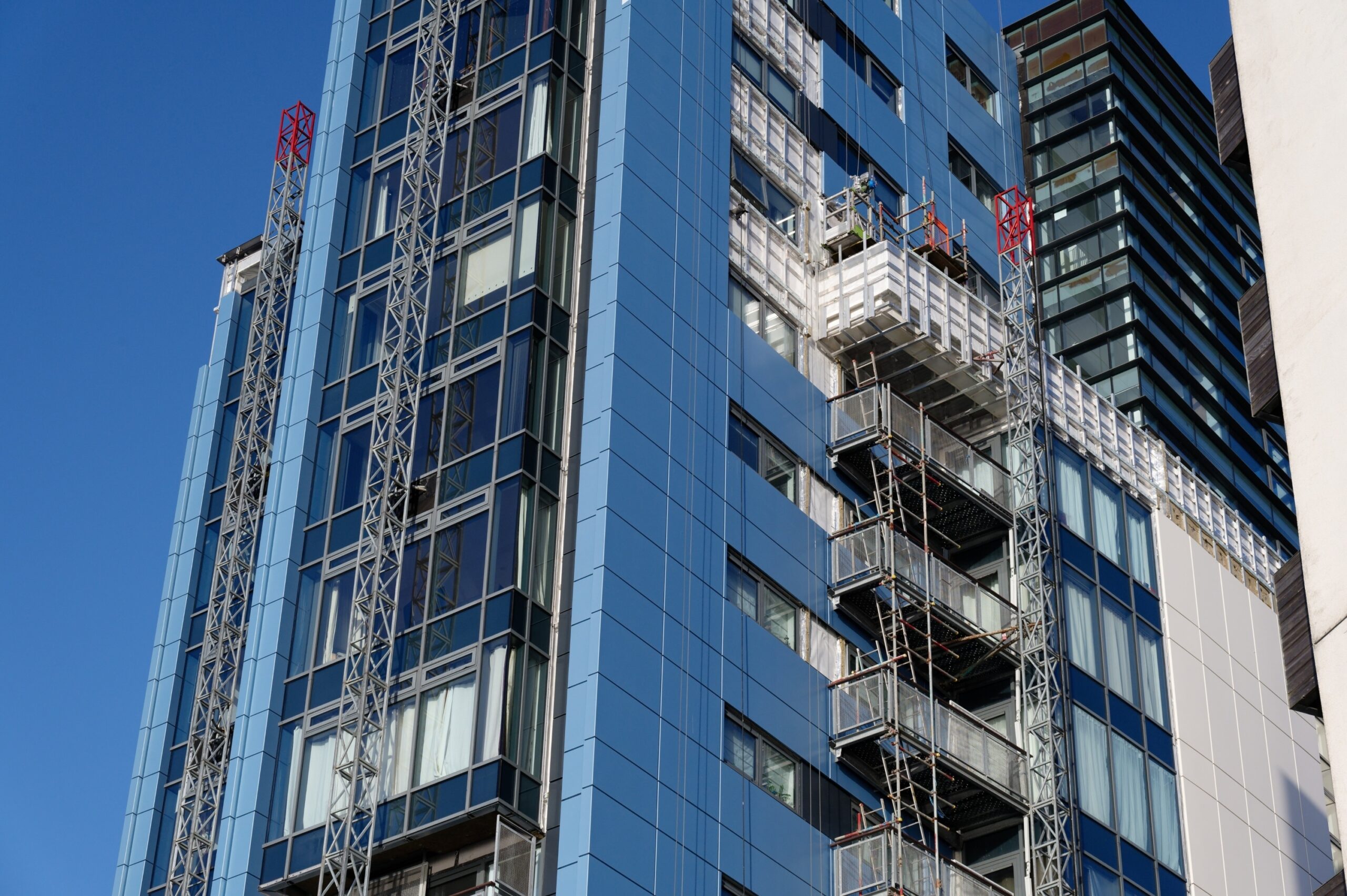
The Building Safety Act 2022 has reshaped the landscape for anyone involved in the ownership or management of residential blocks of flats. Introduced after the Grenfell Tower tragedy, the Act aims to make buildings safer, clarify accountability and protect leaseholders. But its impact reaches beyond construction and compliance, it is also influencing the insurance market and the work of managing agents.
As specialist brokers for blocks of flats insurance, Champion Insurance Group explains what buyers of insurance and managing agents need to know.
A new regulatory environment
The Act introduces a Building Safety Regulator and a strict duty-holder framework covering design, construction and ongoing management. “Higher-risk buildings” (those typically over 18 metres or seven storeys) must now be registered and subject to safety case reviews.
Insurers are placing greater emphasis on a building’s safety record and the management of fire and cladding risks. A strong compliance culture, demonstrating that you meet the Act’s requirements, can be a key factor in securing competitive terms.
Increased scrutiny of fire and cladding risks
The Grenfell disaster exposed weaknesses in cladding systems and fire safety procedures. The Building Safety Act reinforces the need for clear, up-to-date documentation: the so-called “golden thread” of information.
Impact on insurance buyers:
- Detailed underwriting information: Insurers expect accurate records of building materials, fire strategy, and ongoing maintenance.
- Specialist reinsurance facilities: New facilities (such as those recently launched by McGill) enable mainstream property insurers to cover properties with cladding or fire safety issues, options that were limited in the past.
The changing role of managing agents
Managing agents are at the forefront of compliance. They must ensure that higher-risk buildings are registered and that safety cases are prepared and kept current.
Key implications:
- Greater responsibility – Agents must demonstrate that fire risk assessments and maintenance plans meet the Act’s requirements.
- Evidence for insurers – Providing up-to-date safety documentation is essential when arranging or renewing block insurance.
- Communication with leaseholders – Agents are also expected to keep residents informed about safety measures and any associated costs.
Insurance market reactions
While the Act aims to improve standards and protect leaseholders, it also brings short-term challenges:
- Premium sensitivity: Insurers are differentiating sharply between buildings with robust safety compliance and those lagging behind.
- Coverage clarity: Policy wordings are evolving to reflect new legal duties and extended limitation periods for defect claims.
A proactive approach, showing evidence of compliance and maintaining clear records, can help control premiums and secure broad coverage.
How Champion Insurance Group can help
At Champion Insurance Group, we specialise in insurance for blocks of flats and work closely with managing agents, freeholders and resident management companies.
Our expertise includes:
- Access to specialist facilities for properties affected by cladding and fire safety concerns.
- Guidance on the underwriting information insurers now require.
- Support for managing agents in demonstrating compliance with the Building Safety Act.
The Building Safety Act is reshaping both risk management and insurance for residential blocks. By keeping records up to date and engaging with a specialist broker, buyers and managing agents can navigate these changes and secure the right protection at competitive terms.
Champion Insurance Group, protecting residential property owners and managing agents with expert advice and tailored insurance solutions.
Contact our specialist team today:
📅 Schedule Appointment (Teams)
📞 03330 430 430 (option 3)
📧 info@ChampionInsure.co.uk



